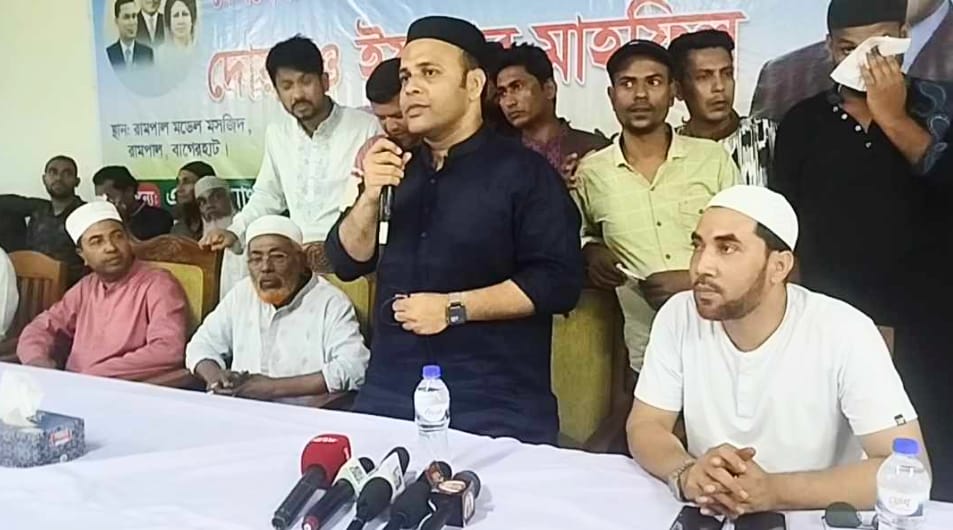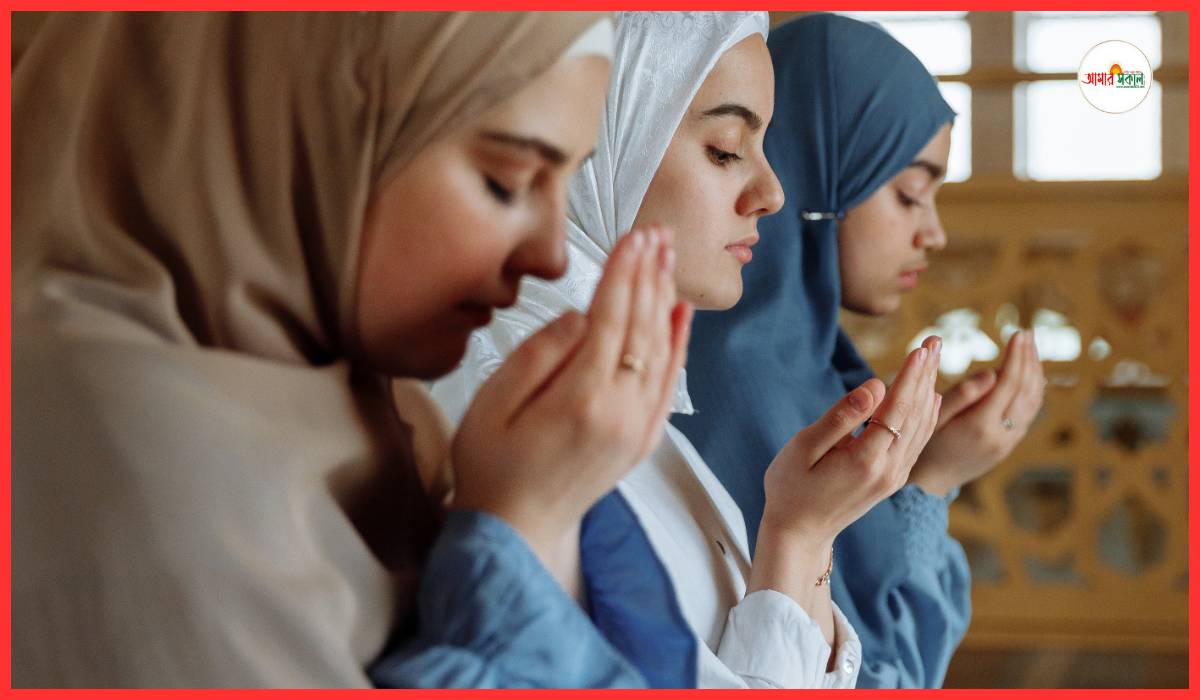Shab-e-Barat: Why Differences of Opinion?
There are differences of opinion among the Muslim Ummah regarding the observance of Shab-e-Barat. Some consider this night to be extremely significant and engage in various forms of worship and devotion throughout the night. On the other hand, many express objections to the observance of this night, claiming that there is no basis for it.
There have been long-standing differences of opinion among the Muslim Ummah regarding the observance of Shab-e-Barat. The primary reasons for these differences are:
- Dispute over Hadith:
For the proponents of Shab-e-Barat: Hadith from Tirmidhi and Ibn Majah mention the virtues of Shab-e-Barat, stating that during the middle night of Sha’ban, Allah looks upon His creation and forgives all sinners except for polytheists and those harboring enmity. Other Hadiths also describe the merits of engaging in worship during Shab-e-Barat.
Against the observance of Shab-e-Barat: There is no explicit mention of “Shab-e-Barat” in any Hadith. Some Hadiths talk about engaging in worship during regular nights instead of specifically mentioning Shab-e-Barat. Weakness in Hadith: Some Hadiths cited in support of Shab-e-Barat are considered weak or unreliable.
- Absence of Mention in the Quran:
Against the observance of Shab-e-Barat: Another argument against the observance of Shab-e-Barat is the absence of explicit mention of this night in the Quran.
For the observance of Shab-e-Barat: Proponents argue that although the Quran does not explicitly mention Shab-e-Barat, certain verses can be interpreted to allude to the significance of this night.
- Tradition and Culture:
For the observance of Shab-e-Barat: Many Muslims observe Shab-e-Barat as a tradition deeply rooted in their culture. They have been observing this night for a long time.
Against the observance of Shab-e-Barat: Some people consider the observance of Shab-e-Barat as an innovation (Bid’ah) in religion rather than a traditional practice.
- Observance Practices:
For the observance of Shab-e-Barat: Proponents of Shab-e-Barat engage in various acts of worship such as staying up at night for prayers, fasting, reciting supplications, and giving charity to the poor.
Against the observance of Shab-e-Barat: Opponents of Shab-e-Barat consider these special observance practices on this night as innovations in religion.
while there are differences of opinion regarding the observance of Shab-e-Barat, both sides support their stance with their respective arguments. It is advisable for everyone to seek authentic knowledge and consult religious scholars to gain a better understanding of religious matters.
Follow google news channel to get news of amar sokal 24 newspaper











